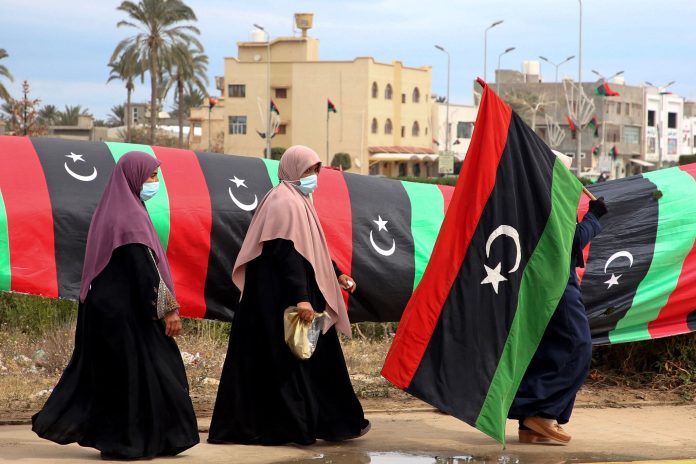
Libya will hold rare municipal elections on Saturday, in a vote widely regarded as a test of the country’s fragile democracy amid persistent political division and insecurity. The ballot, however, will largely exclude key eastern cities such as Benghazi, Sirte and Tobruk, where authorities have rejected the process, underscoring the deep rifts between rival administrations.
The UN Support Mission in Libya (UNSMIL) described the elections as “essential to uphold democratic governance” but warned that recent attacks on electoral offices and ongoing instability could undermine credibility. On Tuesday, armed men stormed the headquarters of the electoral commission in Zliten, east of Tripoli, injuring several people in what UNSMIL condemned as an attempt to intimidate voters, candidates and electoral staff.
Nearly 380,000 Libyans, mostly in western municipalities, are expected to cast their ballots. Elections had originally been scheduled in 63 municipalities nationwide, but the High National Elections Commission suspended 11 constituencies in the east and south due to irregularities, administrative challenges and local pressure. In some areas near Tripoli, voting was also postponed over delays in distributing voter cards.
Residents expressed hope the polls could bring more local accountability. “Libyans need to vote and have the freedom to choose without fear,” said Esraa Abdelmonem, a 36-year-old mother of three, adding that the outcome in areas affected by recent clashes would be closely watched.
Khaled al-Montasser, a Tripoli-based professor of international relations, called the vote “decisive”, arguing it would reveal whether Libya’s rival factions are prepared to accept locally elected representatives rather than those installed through intimidation or armed force.
Libya’s political instability has persisted since the 2011 NATO-backed uprising that toppled Moamer Kadhafi after 42 years in power. Since then, the country has remained divided between the Tripoli-based, UN-recognised government led by Abdulhamid Dbeibah and the eastern administration backed by military commander Khalifa Haftar.
While Libya has held limited municipal elections between 2019 and 2021, the last nationwide legislative vote was in 2014, marred by low turnout and renewed violence. National elections set for December 2021 were postponed indefinitely due to disputes between the two rival authorities, leaving the country’s political future still uncertain.



